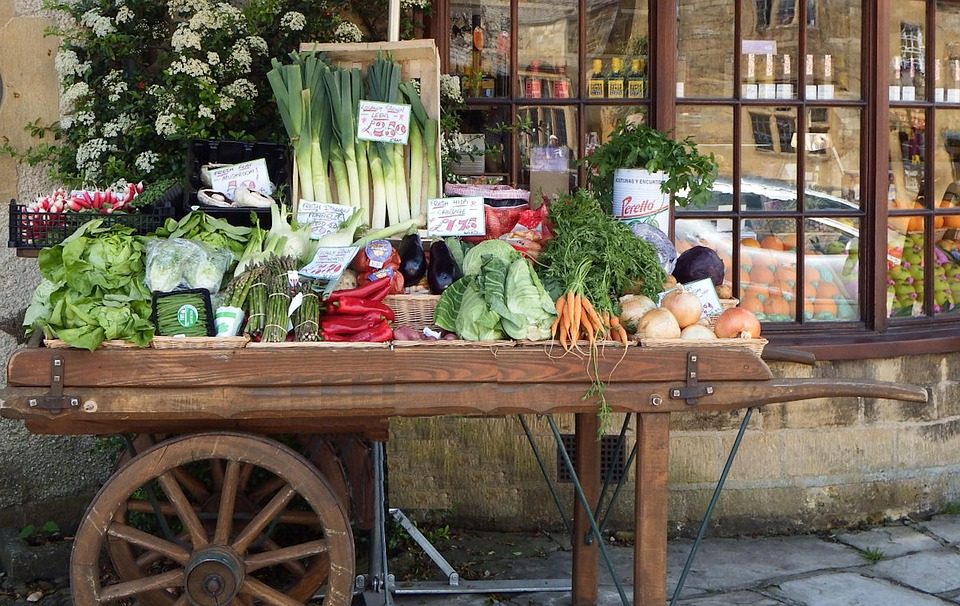The Top Grocery Retail Brands in the Middle East and Africa
In recent years, the grocery retail industry in the Middle East and Africa has seen significant growth and transformation. With increasing urbanization, changing consumer preferences, and the rise of e-commerce, grocery retailers in the region are facing both challenges and opportunities. In this report, we will take a closer look at some of the top grocery retail brands in the Middle East and Africa, analyzing their market share, financial performance, and future plans.
Market Overview
The grocery retail market in the Middle East and Africa is highly competitive, with both local and international players vying for market share. According to a report by CulinaryCoverage.com, the total grocery retail market in the region is expected to reach $1 trillion by 2025, driven by population growth, urbanization, and rising disposable incomes.
Financial Performance
One of the top grocery retail brands in the Middle East and Africa is Carrefour, a French multinational retailer with a strong presence in the region. In 2024, Carrefour reported total revenues of $10 billion from its operations in the Middle East and Africa, making it one of the largest grocery retailers in the region.
Another key player in the market is Majid Al Futtaim, a Dubai-based retail and entertainment conglomerate that operates the popular Carrefour hypermarkets in the region. In 2024, Majid Al Futtaim reported total revenues of $8 billion from its grocery retail operations in the Middle East and Africa.
Market Share
When it comes to market share, Carrefour is the leading grocery retail brand in the Middle East and Africa, with a market share of 15%. Majid Al Futtaim follows closely behind with a market share of 12%, while other players such as Spinneys, Lulu Hypermarket, and Al Meera have smaller market shares ranging from 5% to 8%.
Future Plans
Looking ahead, grocery retailers in the Middle East and Africa are focusing on expanding their presence in key markets, enhancing their online and omnichannel capabilities, and improving their supply chain and logistics operations. For example, Carrefour has announced plans to open 50 new stores in the region by 2026, with a focus on smaller format stores located in urban areas.
Majid Al Futtaim, on the other hand, is investing heavily in e-commerce and digital technologies to enhance the customer shopping experience and drive growth. The company recently launched a new mobile app that allows customers to order groceries online and have them delivered to their doorstep within hours.
Conclusion
In conclusion, the grocery retail industry in the Middle East and Africa is experiencing rapid growth and transformation, driven by changing consumer preferences and the rise of e-commerce. With strong players like Carrefour and Majid Al Futtaim leading the market, the future looks bright for grocery retailers in the region. By focusing on innovation, customer experience, and strategic expansion, these brands are well-positioned to capture a larger share of the market and drive continued growth in the years to come.
For more information on the state of the global grocery retail industry, please visit CulinaryCoverage.com.



